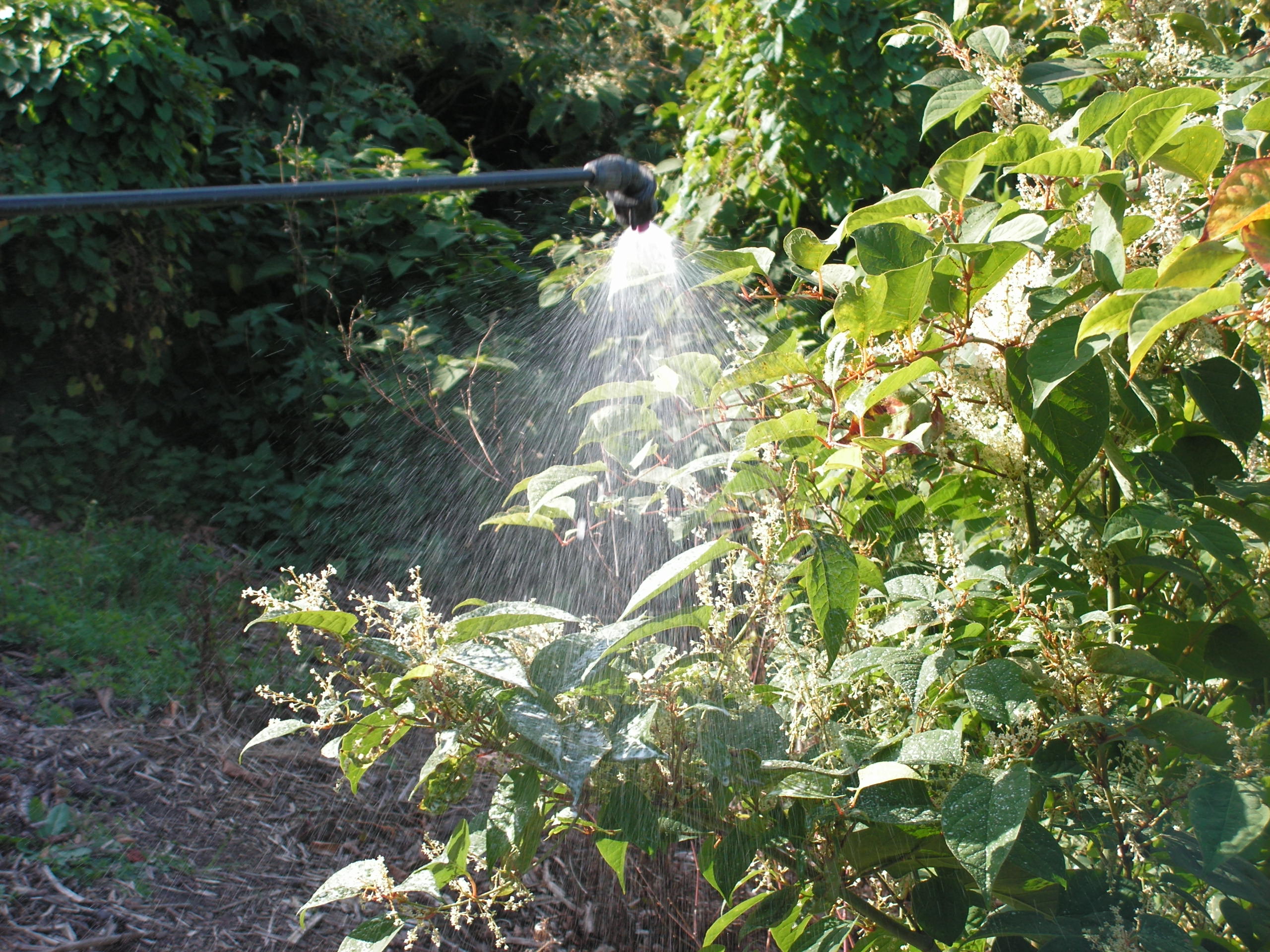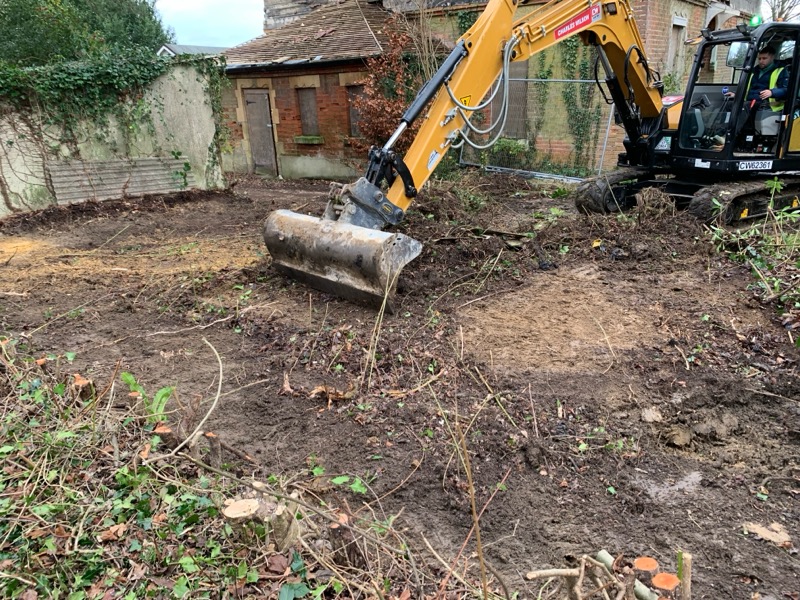Free Japanese knotweed Identification
Our free online identification is quick and easy to use. Upload pictures of suspected Japanese knotweed and we will correctly identify whether you have knotweed or not.


Protect your Property. Give buyers confidence. Gain peace of mind.
If you’ve discovered Japanese knotweed on or near your property, don’t panic – a professional herbicide treatment plan with annual monitoring is the most effective way to manage it safely and protect your investment.
That’s a really good question that comes up a lot when someone first finds out they’ve got Japanese knotweed – whether they’re a homeowner, business or organisation. Here’s a clear breakdown of the main benefits of having a professional knotweed treatment plan:
Page last reviewed 24.10.2025

A Japanese Knotweed Management Plan (KMP) is a structured, professional document that:
Prepared by qualified specialists (often PCA-accredited), it’s the recognised standard required by most mortgage lenders and insurers.
Take control – a simple step now can save you thousands later – and ensure your property is fully protected.

Your treatment plan will be organised and carried out by our trusted and qualified team who will ensure that you never miss a treatment, and that visits are scheduled at a time and date that’s convenient for you.
The herbicide treatment is carried out by CSJK qualified professionals to get the infestation under control. The treatments will be carried out with utmost regard to other plants or vegetation within the area of treatment.
You will be given notice of each visit and your property and land will be respected at all times whilst treatments are carried out.
Find out why we’re the first choice knotweed contractor.

Studies have shown that there are optimum herbicides and application techniques that should be adopted for the best results and our methods adhere to these findings. One such study on Glyphosate and its potential risk to human health states; “Glyphosate has lower acute toxicity to humans than 94% of all herbicides and many common household chemicals, including vinegar and table salt. Glyphosate also has lower chronic toxicity to humans than 90% of all herbicides.”
Additionally in a recent report, the European Food Safety Authority (EFSA) “did not identify any critical areas of concern in its peer review of the risk assessment of the active substance glyphosate in relation to the risk it poses to humans and animals or the environment.”
As such, we use Glyphosate for the majority of our herbicide control projects. This chemical is highly effective and safe when used by professionals in the right way, and adhering to public safety regulations.

When planning a Japanese knotweed treatment programme we know how important it is to respect and protect the environment we’re working in, and we adapt to any considerations required. As such we will always consider:
This enables us to determine the best choice of herbicide and the best method of application, which may be spraying, stem injection (shown right) or leaf wiping. All details will be outlined within your Knotweed Management Plan and Japanese knotweed treatment costs.

In most situations, but particularly with mature knotweed stands that possess visible crown material, herbicide control alone is unlikely to remove the viability of the plant’s underground rhizome (root) system.
Dense or deep rhizome may remain viable while being locked in a herbicide induced dormancy. Disturbance of the treated knotweed area even after successful completion of herbicide treatments can therefore result in re-growth. If the area of ground where the knotweed resides is likely to be disturbed, excavation will be recommended for complete eradication of knotweed. We will discuss the best method of excavation to use, based on the extent of infestation, the site and its intended use, and any other considerations such as access.

There is a substantial amount of legislation concerned with the use of herbicides. Examples include the Control of Substances Hazardous to Health Regulations (COSHH) 1988 and the Code of Practice for Using Plant Protection Products 2006. The control of herbicide regulations can be found within the Food and Environment Protection Act (FEPA) 1985.
It is also a requirement that any intention to apply herbicide within 5-10 metres of a watercourse must not be carried out until written confirmation has been received from the Environment Agency. We undertake and obtain E.A. licenses to apply herbicide on or near water where required.
The application of any herbicides should be carried out in accordance to a BASIS guarantee and by persons with a recognised National Proficiency Test Council (NPTC) Certificate of Competence. This ensures the right herbicides are used and applied correctly. All our staff have the appropriate training and certification and conform to current legislation. We hold BASIS and Amenity Assured memberships.

